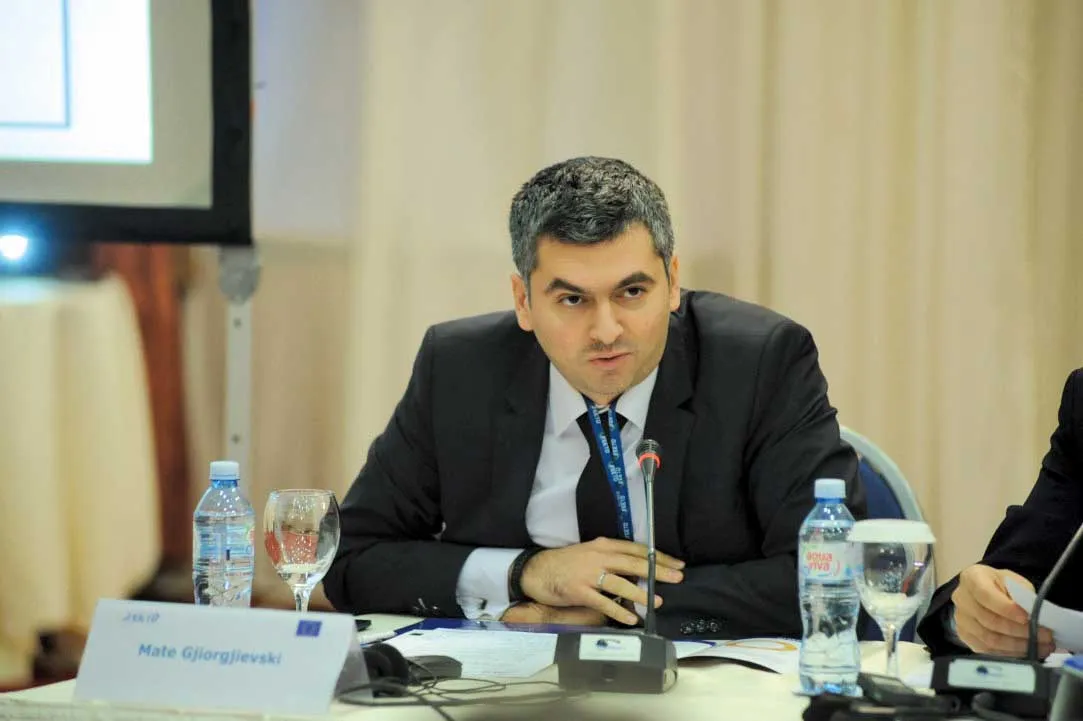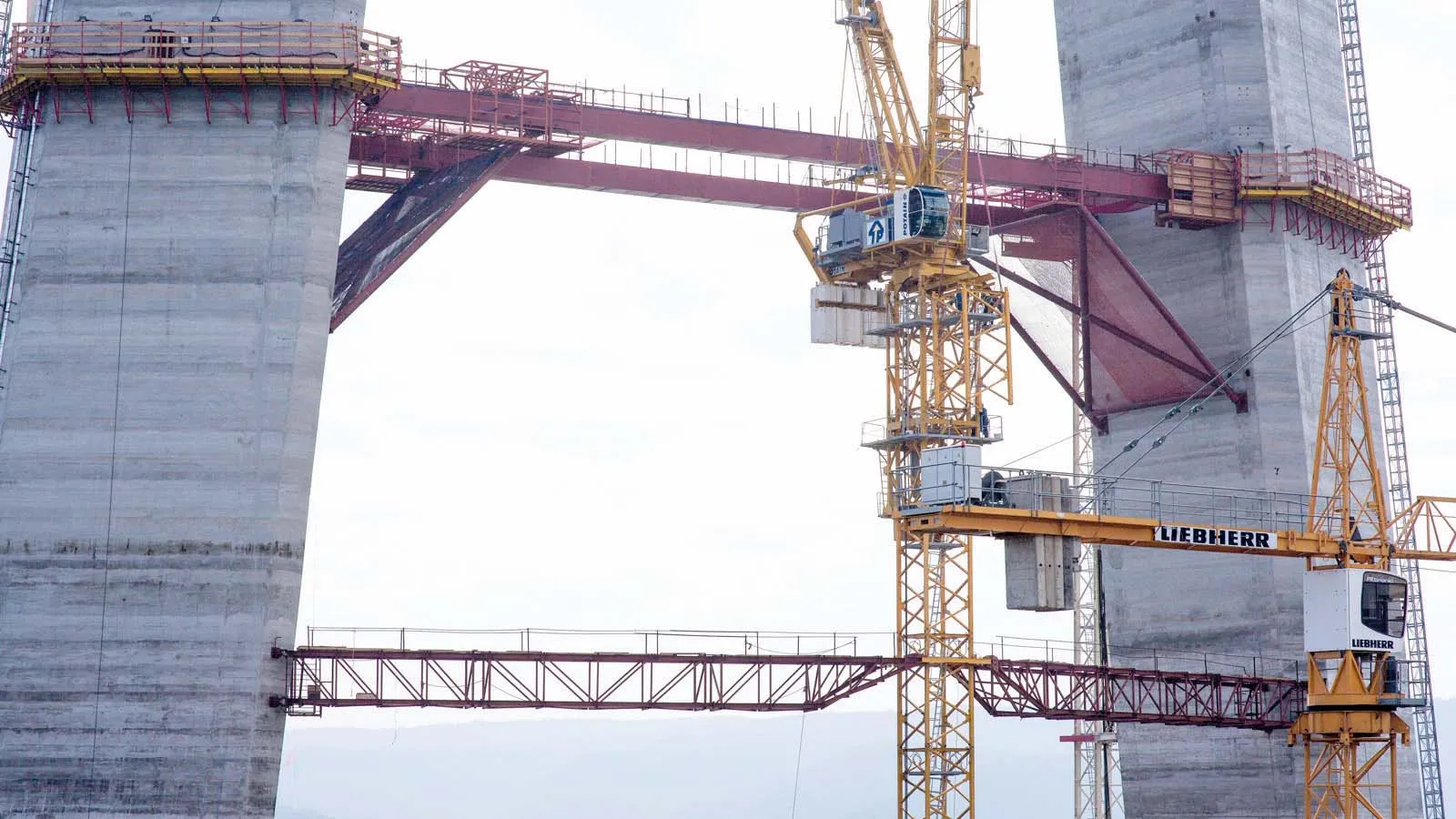Participants at the 2013 Polis Conference in Brussels, Belgium have called for greater coordination of European policies that affect urban and regional transport.
Around 350 mobility professionals from across Europe came to debate the continent’s urban and regional transport mobility during the annual event held under the title ‘Innovation in Transport for Sustainable Cities and Regions’.
"We need coordination between European environment, climate, research, energy and transport policies as these have a d
December 10, 2013
Read time: 3 mins
Participants at the 2013 Polis Conference in Brussels, Belgium have called for greater coordination of European policies that affect urban and regional transport.
Around 350 mobility professionals from across Europe came to debate the continent’s urban and regional transport mobility during the annual event held under the title ‘Innovation in Transport for Sustainable Cities and Regions’.
"We need coordination between European environment, climate, research, energy and transport policies as these have a direct impact on urban and regional transport", said Javier Rubio de Urquía, the new Polis president. "This is required to deliver the best sustainable urban and regional transport systems in Madrid as well as anywhere else in Europe." The city of Madrid was elected prior to the Conference as the 2014 president of Polis, the network of cities and regions working on sustainable transport.
During the opening plenary of the conference, vice-president of the2465 European Commission Siim Kallas said, “The choices that Europe makes now regarding urban mobility will have a huge impact on the worldwide use of resources - particularly oil - as well as greenhouse gas emissions. But technology on its own is not enough. Only a small part of making a city ‘smart’ is a technical challenge. It is mostly a multi-disciplinary task of solving "soft" issues. That is why increased cooperation is the key to future success, as we design and adapt cities into smart, intelligent and sustainable environments."
The 2013 Polis Conference brought together politicians and planners of local and regional governments, and representatives of the EU institutions, industry, research and interest groups, who exchanged views on the most relevant challenges for sustainable urban and regional transport.
"Unlike at many other conferences there was a unique mix of people, who could talk and exchange. This is a key driver for the changes we are seeing in cities," concluded Michael Aherne from the Irish National Transport Authority in Dublin during the closing plenary session.
The debated challenges include financing local transport, better planning as well as innovative policy approaches to parking, electromobility, open data in transport, urban freight, and transport & health.
Central to the debate on these topics was the role of the1116 European Union, and specifically the coordination of urban and regional mobility with other policies. Olivier Onidi, director at the European Commission's DG Move, stressed that the integration of urban nodes into the Trans-European Transport Policy is an important step forward, "It has been a very important sign that we finally convinced all actors to include the urban dimension into the Trans-European network - about one year ago that was seen as something quite esoteric by some", Onidi said in the closing plenary session.
Polis is a network of European cities and regions working together to develop innovative technologies and policies for local transport. It aims to improve local transport through integrated strategies that address the economic, social and environmental dimensions of transport.
Around 350 mobility professionals from across Europe came to debate the continent’s urban and regional transport mobility during the annual event held under the title ‘Innovation in Transport for Sustainable Cities and Regions’.
"We need coordination between European environment, climate, research, energy and transport policies as these have a direct impact on urban and regional transport", said Javier Rubio de Urquía, the new Polis president. "This is required to deliver the best sustainable urban and regional transport systems in Madrid as well as anywhere else in Europe." The city of Madrid was elected prior to the Conference as the 2014 president of Polis, the network of cities and regions working on sustainable transport.
During the opening plenary of the conference, vice-president of the
The 2013 Polis Conference brought together politicians and planners of local and regional governments, and representatives of the EU institutions, industry, research and interest groups, who exchanged views on the most relevant challenges for sustainable urban and regional transport.
"Unlike at many other conferences there was a unique mix of people, who could talk and exchange. This is a key driver for the changes we are seeing in cities," concluded Michael Aherne from the Irish National Transport Authority in Dublin during the closing plenary session.
The debated challenges include financing local transport, better planning as well as innovative policy approaches to parking, electromobility, open data in transport, urban freight, and transport & health.
Central to the debate on these topics was the role of the
Polis is a network of European cities and regions working together to develop innovative technologies and policies for local transport. It aims to improve local transport through integrated strategies that address the economic, social and environmental dimensions of transport.








